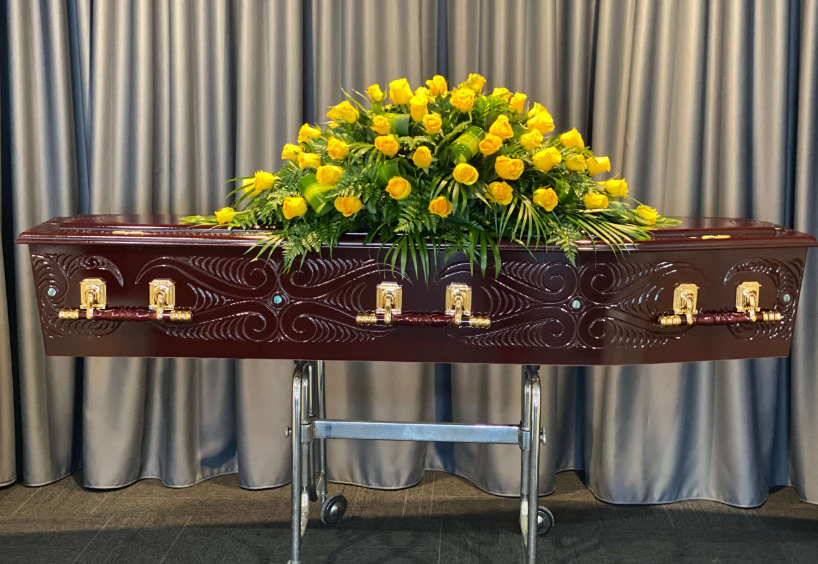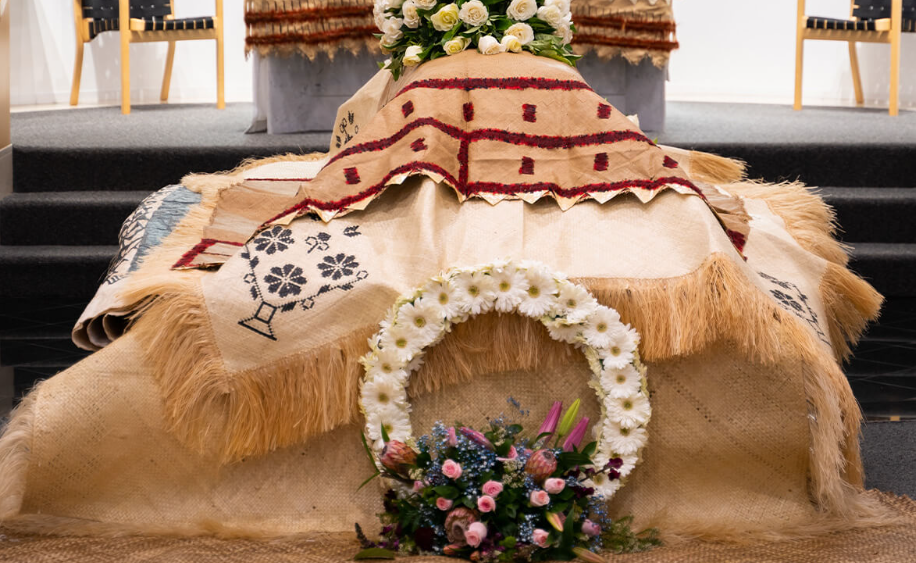Paying proper homage to the departed is an art form that has evolved differently among cultures, including with Maori funerals. Losing a loved one is a difficult and emotional experience, and the process of organizing their funeral can be overwhelming. When it comes to traditional send-offs, it is important to understand what the ceremony holds for those practising it.
This is to ensure that you, as an outsider or guest, are showing the appropriate levels of respect and sensitivity. It’s therefore worth understanding the path to organizing or attending Maori rituals respectfully.
The Tangihanga Ceremony
The Tangihanga is the traditional funeral ceremony that the Maori still practise today. It typically lasts for three days and is a time for family members and the wider community to pay respects. The ceremony generally includes rituals, such as the laying out of the body or Te hahunga, eulogies, and other rites.
Etiquette And Dress Code
Among guests, men are typically expected to wear black suits or trousers, a white shirt, and a black tie. Women are expected to wear a conservative, knee-length dress or skirt and a blouse. It is also important to remove your shoes before entering the wharenui, or funeral house.

Addressing The Clan
The Whanau pani is the grieving family clan. As they’re not the ones that typically speak during funerals, it is important to address them appropriately when attending. The eldest member of the whanau is typically the spokesperson, and they should be addressed first.
Being Sensitive
Above all, it is important to be sensitive to the importance of showing respect at a Maori funeral program. This includes respecting the cultural protocols and customs, as well as showing compassion and empathy towards the grieving family.
It is also important to remember that the Tangihanga is a time for mourning and reflection. As with pretty much any wake, it is important to maintain a respectful and solemn demeanour throughout the proceedings.
Conclusion
For non-Maoris, taking part in a Maori funeral requires a deep understanding of Maori culture, regardless of your capacity. Thus, you can ensure that you are showing the appropriate levels of respect and sensitivity towards the grieving family. Remember to be compassionate, respectful, and empathetic towards the family during this difficult time.




